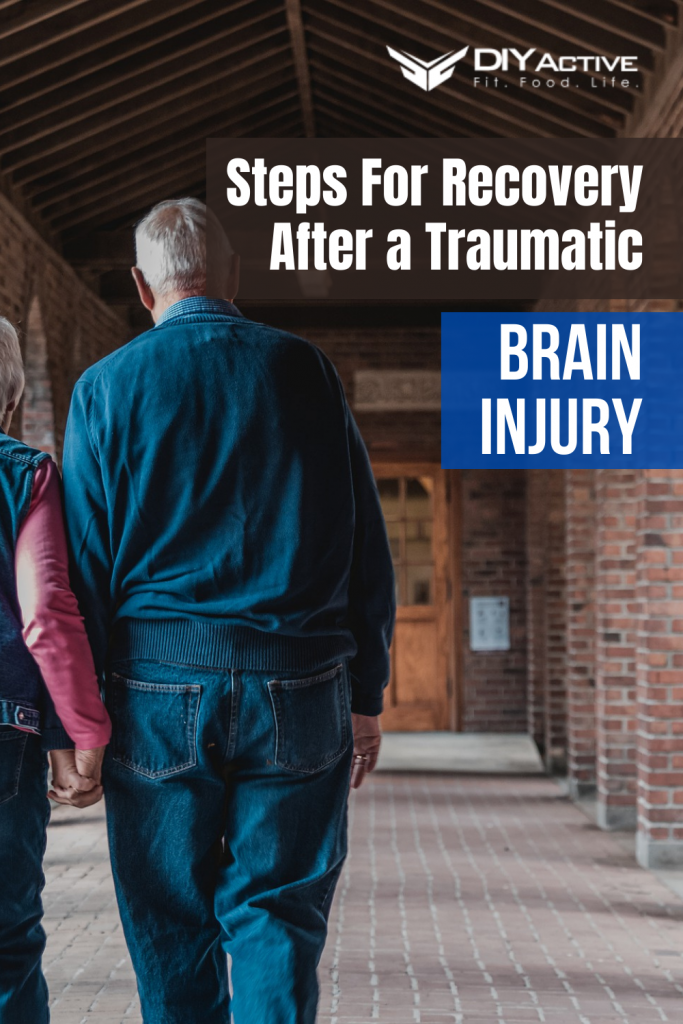Steps For Recovery After a Traumatic Brain Injury
There are around 2.87 million cases of traumatic brain injuries (TBIs) in the U.S. in a given year, with over 837,000 cases experienced by children. Around 13.5 million people are currently living with a disability owing to a TBI, which is indicative of the extent to which such an injury can alter health and wellbeing.
Recover After a Traumatic Brain Injury
Recovery from a TBI can involve years of recuperation and rehabilitation, as many patients with moderate or severe head injuries will have undergone either surgery (to remove contusions that affect the brain) or non-surgical treatments (aimed at preventing secondary injury to the brain).
Once a patient is a home after their treatments, taking the following steps can be beneficial.
Discovering Your Legal Rights
If you have experienced a traumatic injury, brain injury legal help is key if you are entitled to compensation. Rely on a recommended, qualified, specialized team since the number of transactions they will need to carry out on your behalf may be vast.
Your legal team will be in charge of all communications with insurance companies and the person or entity that may be responsible for your injury. They will ensure these communications help your case, and they will either advise you regarding a settlement or (if necessary) a lawsuit.
Receiving compensation for a TBI will enable you to access a wider array of treatments, and to take the time you need before returning to work or starting a new path in your career or personal life.
Knowing What To Expect

With moderate TBI, most or all brain function is recovered, although neurosurgery, occupational and/or physical therapy and speech/language therapy may be required. In the case of severe TBI, the level of recovery (and time involved) may be difficult to tell at the outset, but in general, a longer recovery period is usually accompanied by long-term effects.
Research from the TBI Model System program, at two years post-injury, shows that common challenges for moderate or severe TBI can include trouble thinking and (for around 25% of people) major depression.
Once you know what to expect, you and your team can set rehabilitation goals, such as improving function, increasing independence, avoiding complications, and creating an acceptable environment.
Protecting Your Mental Health
Recovery from a TBI can be challenging, so it’s important to embrace various strategies that can help keep your movement up and your stress levels low. Keeping up social relationships, taking naps when you feel tired, talking about your feelings with trusted loved ones, and staying active (once you are able to work out again) can all be helpful.
A 2020 study by University of Connecticut researchers has shown that yoga, mediation, and mindfulness-based interventions can all help treat chronic concussion symptoms, thus offering hope to those who are struggling with symptoms such as seizures, headaches, and fatigue.
Wrap-Up
If you have experienced a TBI, then seeking legal advice is important. Treatments are varied and can be expensive, so sorting out your financial situation is key. Relying on a team of doctors you can trust for rehabilitation is also vital; alongside your team, you can set goals that are achievable.
Finally, you should take steps to protect your mental health by relying on friendly support, taking up activities that can help buffer symptoms, and by seeking psychological or psychiatric help if required.